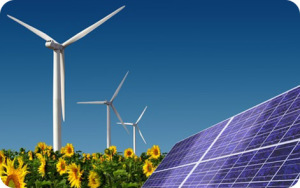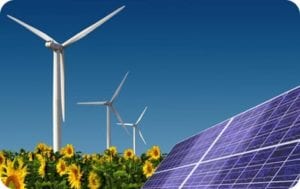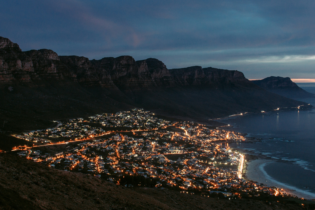 Africa has no choice but to move rapidly towards a smart mix of energy systems if it is to grow and prosper in step with the rest of the world, said Jubril Adewale Tinubu, Group Chief Executive for Oando in Nigeria.
Africa has no choice but to move rapidly towards a smart mix of energy systems if it is to grow and prosper in step with the rest of the world, said Jubril Adewale Tinubu, Group Chief Executive for Oando in Nigeria.
No power = no transfromation
Erastus J. O. Mwencha, Deputy Chairperson of the African Union in Addis Ababa, added that: “Africa does not have time for traditional power roll-outs. The continent cannot transform without power. It cannot educate its children without power. Obviously, we need to move to a power mix, a diversity of technologies.” Mwencha noted that the much-anticipated Inga Dam hydro-electric project in West Africa holds enormous potential – such as the capacity to light up all of Africa and much of Europe at the same time – but pointed out that it will take some time to realise this potential.Renewable energy in SA
Jasandra Nyker, Chief Executive Officer of BioTherm Energy in South Africa, explained the much-applauded independent power producer programme in her country: “Since the advent of the programme in 2009, 2.3 gigawatts of renewable energy have been installed; that’s clean power into the national grid.”Nyker added that a number of private companies have taken up the opportunity provided by the South African government to contribute to power generation, with most of them “over-performing” in a relatively short space of time.
She said a similar urgency has been brought to bear on small, renewable projects in Burkina Faso and Uganda. “These might not be gigawatt-sized projects, but they are helping and adding value,” she said. “The future of smart energy is very bright, with burgeoning business opportunities for both on- and off-grid technology.”






